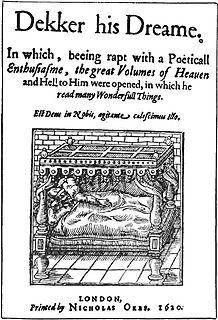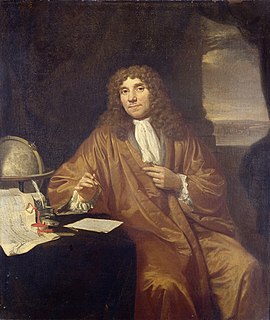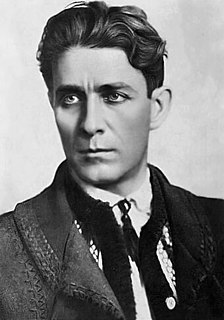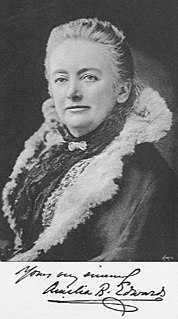A Quote by C. S. Lewis
It is very true. But even a traitor may mend. I have known one that did.
Related Quotes
A nation can survive its fools, and even the ambitious. But it cannot survive treason from within. An enemy at the gates is less formidable, for he is known and carries his banner openly. But the traitor moves amongst those within the gate freely, his sly whispers rustling through all the alleys, heard in the very halls of government itself.
The establishment, both parties, think "Donald Trump may have built buildings and he may have written The Art of the Deal, but he can't do what we did. He can't even understand what we do because he's too stupid." They may not say it that way, but I guarantee you they have that attitude. These are arrogant people. They're very exclusive. It is a very elite, unique group, in their own minds, and they do tell themselves they're special and they're different and they're better.
I loved the idea that I had an alter-ego but that my true identity was very well known and very much on the surface. I was the only one who didn't know who Stardust really was. So it was very much tied to comics - everything I've done. I did a whole run where I'd wear a face mask when I was on SmackDown, and that was based on Dr. Doom.
My True Name is so well known in the Records, or Registers at Newgate, and in the Old-Baily, and there are some things of such Consequence still depending there, relating to my particular Conduct, that it is not to be expected I should set my Name, or the Account of my Family to this Work; perhaps, after my Death it may be better known, at present it would not be proper, no, not tho' a general Pardon should be issued, even without Exceptions and reserve of Persons or Crimes.
It may be said of some very old places, as of some very old books, that they are destined to be forever new. The nearer we approach them, the more remote they seem: the more we study them, the more we have yet to learn. Time augments rather than diminishes their everlasting novelty; and to our descendants of a thousand years hence it may safely be predicted that they will be even more fascinating than to ourselves. This is true of many ancient lands, but of no place is it. so true as of Egypt.



































